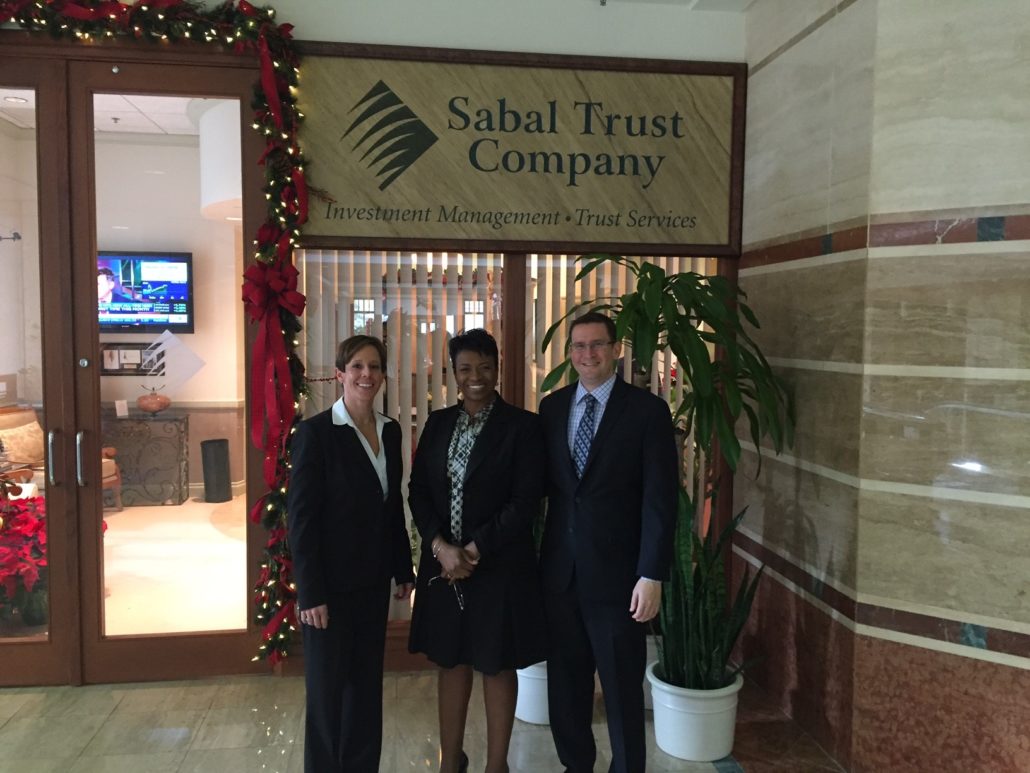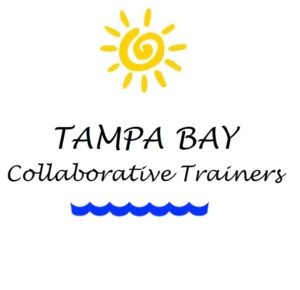Tampa attorney Adam B. Cordover lead a workshop at the 17th Annual Educational and Networking Forum of the International Academy of Collaborative Professionals (“IACP”). The Forum took place in Lake Las Vegas, Nevada, and was attended by hundreds of attorneys, mental health professionals, financial professionals, mediators, and other supportive of helping families resolve disputes respectfully and privately via the collaborative process.
Cordover lead the workshop alongside Barrie, Ontario lawyer Brian Galbraith and Seattle, Washington attorney Kevin Scudder. The program was called “Collaborative Multiverse,” and the idea was to lead a townhall-style debate and discussion among experienced collaborative practitioners on issues affecting collaborative practice.

Brian Galbraith, Adam B. Cordover, and Kevin Scudder at the 17th Annual IACP Forum (2016)
One topic that was discussed was determining the best collaborative model to use for each particular family. Different parts of the world predominantly use different arrangements of professionals to resolve divorce and other issues. In Florida, the main model that is used is known as the Neutral Facilitator model, where each party has an attorney, a neutral facilitator with a mental health licensure helps with parenting issues and ensures discussions are future-focused, and a neutral financial professional aids in creating family budgets and ensures financial transparency and disclosure.
Read more →







